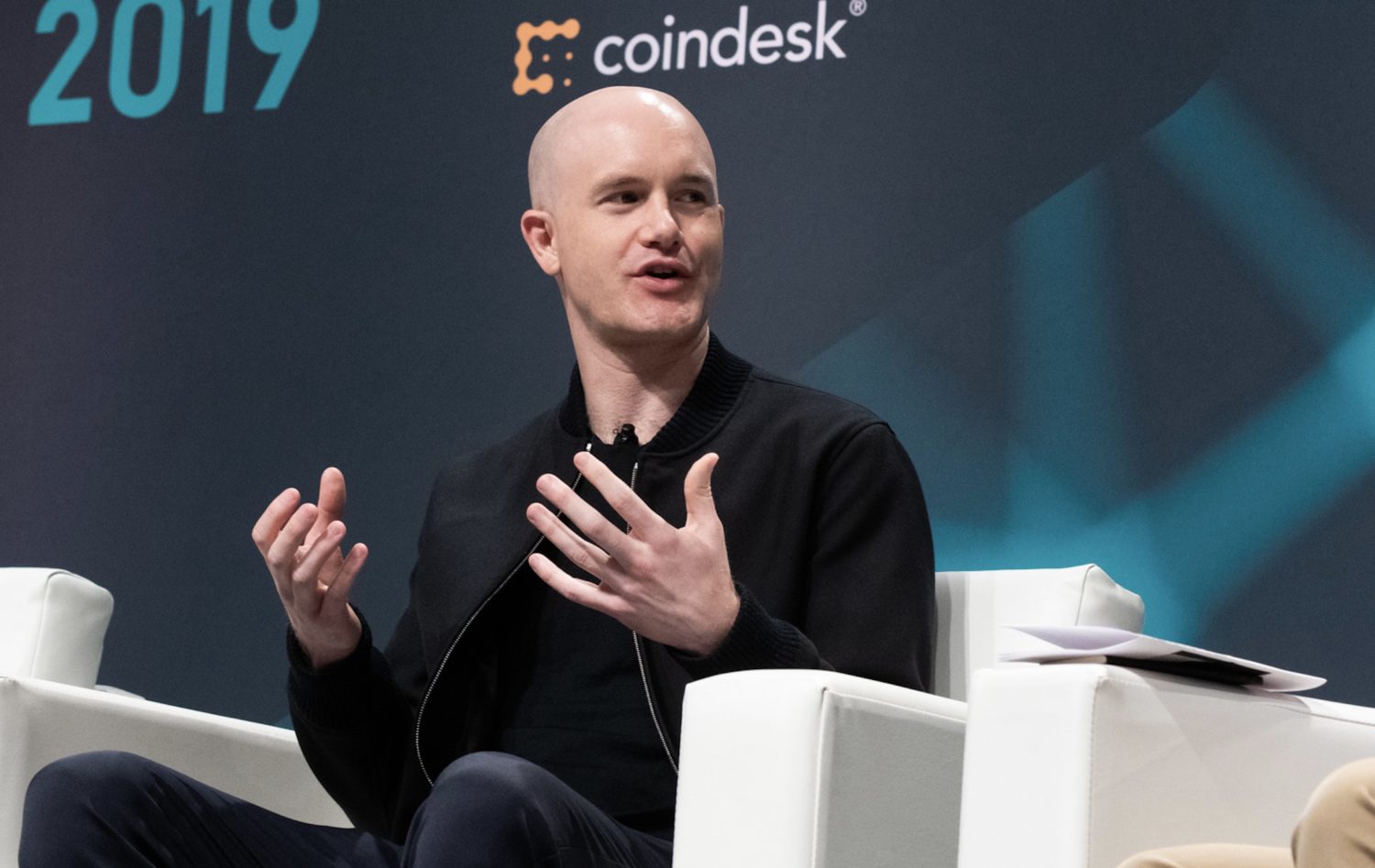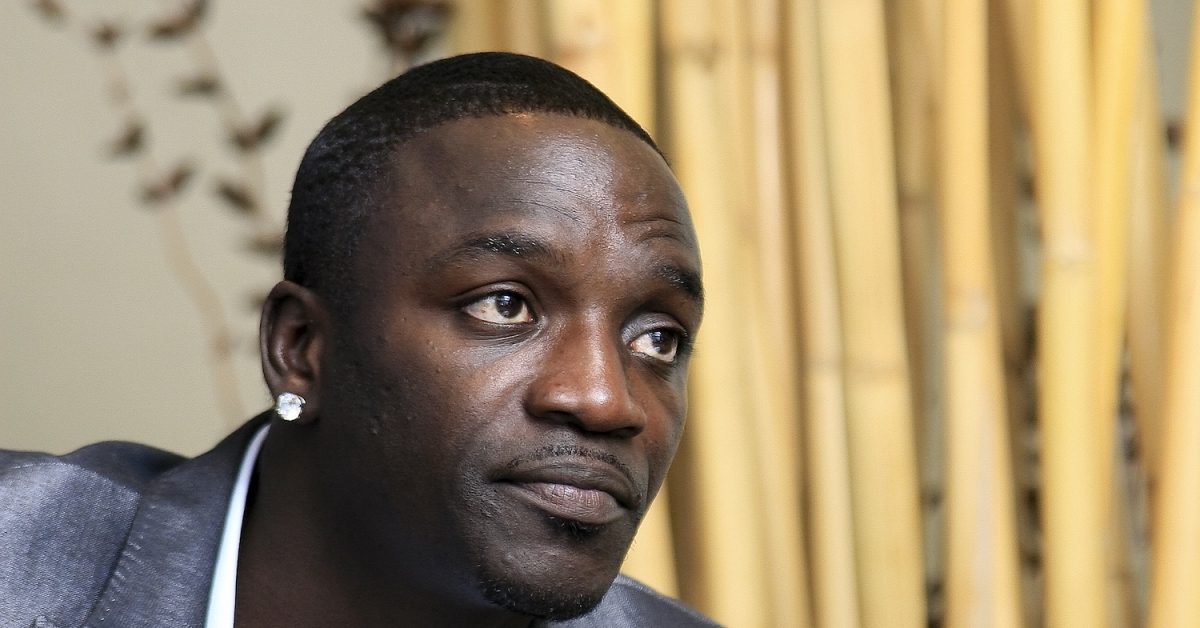Criminal extortion charges against Steven Nerayoff, an early adviser to the Ethereum network, were dismissed by a New York judge on May 5, ending a three-and-a-half year legal battle that included explosive allegations he made against U.S. investigators.
The dismissal, entered by U.S. District Court Judge Margo Brodie, chief judge of the Eastern District of New York (EDNY), comes six weeks after federal prosecutors moved to drop their case against Nerayoff, admitting in a March 20 court filing that they had obtained material exculpatory evidence and were otherwise “unable to prove the charges in the Indictment beyond a reasonable doubt.”
Nerayoff and his employee, Michael Hlady, were initially accused of extorting an unnamed Seattle-based crypto startup that Nerayoff had been hired to guide through its initial coin offering (ICO) in 2017. Prosecutors said the pair made threats to “destroy” the company if they were not paid millions of dollars.
Hlady pleaded guilty to extortion in April 2021, and faces a maximum sentence of 20 years in prison. He has not yet been sentenced.
Nerayoff, however, has maintained his innocence from the beginning. In their motion to dismiss filed in February, Nerayoff’s lawyers said their client was the victim of an elaborate setup by the Federal Bureau of Investigation (FBI), which they say knowingly pursued false charges against Nerayoff in order to get him to turn over incriminating evidence on his contacts in the crypto industry.
The allegations made in Nerayoff’s motion to dismiss are explosive.
Seeking dirt on senior crypto officials?
His lawyers say their client was put in a van on the day of his arrest and given a clipboard with a list of names of hundreds of the top players in the crypto industry, from Ethereum founder Vitalik Buterin to Caitlin Long, the founder and CEO of Custodia Bank, and instructed to give the FBI dirt that would help them make “dozens of convictions” in exchange for a lighter sentence. They also claim that Hlady, Nerayoff’s employee, was an FBI informant who exchanged 100 texts and 45 phone calls with the investigating FBI agent ahead of the pair’s arrest.
On their face, Nerayoff’s claims sound like something out of a techno-thriller novel. Even his lawyers concede in their motion that the allegations sound like “tin-foil hat material.” But the claims do resonate in early 2023 as the U.S. government aggressively goes after the crypto industry.
The credibility of Nerayoff’s story isn’t helped by his own reputation for stretching the truth: In the past, he has styled himself as a co-founder of Ethereum, which has been labeled an exaggeration by other early Ethereum contributors.
The U.S. Department of Justice (DOJ) has denied many of Nerayoff’s claims. In their own motion to dismiss, they repeatedly denied Nerayoff’s speculation that Hlady was a government informant, though they acknowledged that he did, in fact, communicate repeatedly with the investigating FBI agent. The DOJ’s motion to dismiss does not address Nerayoff’s claim that he was put in a van and given a list of names.
In dismissing the case, Judge Brodie denied Nerayoff’s motion to compel the government to turn over more evidence and records, including the minutes of the grand jury proceedings and Hlady’s communications with the investigating agent, making it unlikely that the public will ever see the evidence that could back up Nerayoff’s claims that he was set up.
U.S. government’s crypto crackdown
But, even without evidence to back up Nerayoff’s claims, the fact that the government dropped their case against him after his explosive allegations certainly invites speculation. And his claim that he was set up in order to take down bigger fish in the crypto industry could ring true for some this year, as the intensity of the U.S. government’s clampdown on crypto leads to unproven suspicions and conspiracy theories that Washington is out to kill the industry.
Anthony Sabino, a professor of law at St. John’s University, told CoinDesk that it’s uncommon for prosecutors to drop a case after obtaining an indictment.
“Securing an indictment in the first place is difficult enough,” Sabino said. “So, the government is fairly confident it can win. To drop a case post-indictment means some change in circumstances that dissuades the prosecution from continuing.”
And while there is no proof that Nerayoff was put in a van and told to start talking, Sabino said it’s “not fiction” that such things happen. It is “a typical government tactic, but usually not so melodramatic,” he said.
However, in the absence of evidence, Sabino said people should not necessarily assume that it’s true – but it’s not out of the realm of possibility.
“He could have been brought in for routine questioning, and maybe they made him quite comfortable. What matters is that the government is always looking for cooperation, i.e. making a deal to obtain testimony and get someone higher up in the organization,” Sabino said. “The best real-life example by far [is] Sammy ‘The Bull’ Gravano turning on John Gotti, which was also in the Eastern District [of New York].”
Edited by Nick Baker.

:format(jpg)/www.coindesk.com/resizer/Wp_9JBk78AmIs8_Yu11cdVp5OZk=/arc-photo-coindesk/arc2-prod/public/SGJ5I72WCZGERM6ZC74CJCQCZQ.png)








